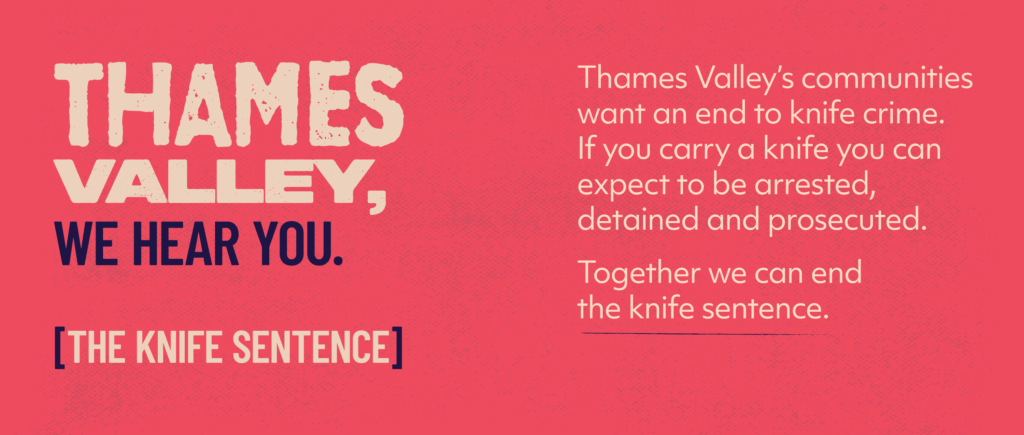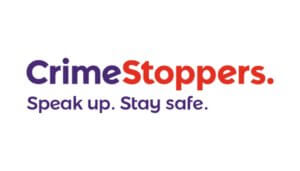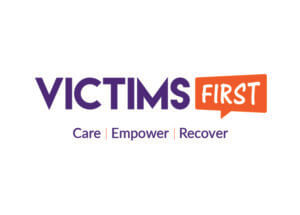
The dangers and consequences of carrying a knife affect not only you but also your friends, family and community. It may lead to a custodial sentence and impact you and others physically and emotionally. Your choices affect your long-term future and the lives of people around you.
The Police Approach – Op Deter
The Office of the Police and Crime Commissioner and Thames Valley Police has launched a tough new approach to tackling knife crime. Initially focussed in Milton Keynes, it is now also operational across Aylesbury, Slough, Reading and Oxford and will be rolled out across the Thames Valley area later this year.
The initiative, driven by Police & Crime Commissioner (PCC), Matthew Barber, is known as Operation Deter. It focuses on prosecution, intervention and prevention.
It launched in Milton Keynes in July 2022, where there was a particular community concern about knife crime after a number of tragic incidents.
Operation Deter’s main objective is to make better use of charging and remanding adult offenders to court, ensuring that a robust message is sent to anyone found in possession of a knife.
Zero tolerance
The unlawful possession of a knife is covered by Section 139 of the Criminal Justice Act (1988), which is the offence of having an article with a blade or point in a public place.
This is an ‘either way’ offence which carries a maximum sentence of six months’ imprisonment or a fine in the Magistrates’ Court, or up to four years’ imprisonment in the Crown Court.
The operation adopts a zero tolerance approach to knife possession offences for adult offenders, with the aim being that any knife possession offences are proactively charged and remanded to court by Thames Valley Police while the suspect is still in custody.
Following the charge, the custody sergeant will then take a more robust approach to bail.
This sends a clear message to those routinely carrying a knife, that this will simply not be tolerated.
Op Deter – Young people
Intensive and rapid interventions will help young people who become involved in offending, get their lives back on track.
Pilot schemes aimed at young people, have commenced in Milton Keynes and Slough as part of Operation Deter.
The pilot programmes adopt an earlier intervention approach for young people, providing an opportunity for them to avoid the criminal justice system.
The pilot sees the Youth Offending Team (YOT) immediately notified when a young person is arrested. A YOT representative will attend custody and meet with that young person within 90 minutes to commence the intervention process. This will take place within custody while criminal justice options are still being pursued.
The pilot schemes give young people maximum incentive to engage. If they leave custody, a further meeting will take place with the young person’s parents within 48 hours. Currently, the process can take weeks or months to put plans into place.
Even if a young person is prosecuted, the involvement of the YOT will continue, looking to address the root cause of the problem to reduce the risk of reoffending.
The young person will be given every opportunity to engage, but should they fail to do so, or their offending is particularly dangerous, the criminal justice route will remain the proper course of action.
Preventing further offending by creating a strong deterrent and ensuring that everyone understands the serious consequences of carrying a knife is the primary objective of this operation.
The consequences
There are a range of consequences to carrying a knife which can impact both you and those around you:
- Carrying a knife makes you more likely to end up a victim yourself. People who carry a weapon are more likely to be hospitalised with an injury caused by violence.
- When you carry a knife it can also be used against you.
- Carrying a knife can lead to time in prison and a criminal record. If you are caught carrying a knife you could face up to six months’ imprisonment or a fine in the Magistrates’ Court, or up to four years’ imprisonment in the Crown Court.
- Having a criminal record can limit your future chances of employment.
- Some countries may not let you in, even on holiday, if you have a criminal record.
- Carrying a knife will not just impact you, but also your friends and family – if you are injured or even killed, or if you go to prison as a result of carrying a knife or injuring or killing someone else.
- Injuring, or killing another person due to carrying a knife is something that can impact the rest of your life – practically and emotionally.
Concerned for someone?
You may be concerned that someone you know may be carrying a knife or is involved in knife crime
If it is your child, a friend or your pupil you are concerned about, as a role model in their life you may be able to influence their decision by having a conversation.
Talk to them, listen to why they feel they need to carry a knife which may help lead to a solution. This may be a difficult conversation but it may encourage them to think about their decision and its impact. You can inform them of the consequences to both themselves and those around them.
You may find it useful to talk to organisations below which may be able to provide you with guidance and support.
You can also have a conversation directly with the police about your concerns by calling them on 101. If you are in danger, or need immediate help, always phone 999.

If you want to talk to someone about your concerns for a child, the NSPCC offers adults advice and guidance. You can talk in confidence, anonymously. Call 0808 800 5000 or email help@nspcc.org.uk.

Fearless is a website for young people with information and advice regarding crime. If you’re concerned about someone you know or you want to report a crime anonymously, you can visit fearless website at www.fearless.org.

If you have any information about knife crime where you live, you can report to Crimestoppers 100% anonymously on 0800 555111.

If you or someone you know has been affected by knife crime, free emotional and practical support is available through Victims First. Call on 0300 1234 148 or visit www.victims-first.org.uk.
Video updates on Op Deter activity
Below are the latest video updates on Op Deter activity across the Thames Valley:
Launch of Op Deter (July 2022)
Op Deter update (August 2022)
Transcript for Launch of Op Deter
0:00 We’ve seen a number of tragic incidents in Milton Keynes
0:03 and across Thames Valley
0:05 where young people have lost their lives.
0:07 I’m determined to do what I can
0:09 to stamp out the culture of knife carrying
0:11 in all of our communities
0:13 and that’s why I’m working
0:15 with Thames Valley Police to launch Op Deter.
0:17 A tough approach to dealing with those
0:19 who carry knives on our streets.
0:20 the great successes we’ve had in the
0:21 – 0:45 Music
Transcript for Op Deter update
0:00 Last month, I launched Operation Deter,
0:03 Thames Valley’s new approach to dealing with knife crime.
0:06 Beginning here in Milton Keynes, we’ve seen a
0:08 significant increase in the number of arrests
0:10 for knife enabled offences which has seen
0:13 more people charged, remanded, and brought to justice.
0:15 All sending out that message that if you choose
0:17 to carry a knife, you will feel the consequences.
0:20 These processes will be rolled out across the rest of the
0:22 Thames Valley shortly along with phase two in
0:24 Milton Keynes which will see an early
0:26 intervention programme in place for those under
0:29 Find out more by clicking the link below.
Latest news on Op Deter activity
Below are the latest news updates on Op Deter:
- Operation Deter will adopt a zero-tolerance approach to knives (1 July)
- Big increase in charges in first month of Operation Deter (2 August)
- Milton Keynes takes a stand against violence in month of action (23 August)
- Operation Deter will adopt a zero-tolerance approach to knives – Aylesbury (5 September)
- Gripping the challenges of violent crime in Slough (4 October)
- Operation Deter extended to Slough (5 October)
- City working together to tackle violence – Milton Keynes (2 December)
- Month of action to tackle violent crime announced in Slough (7 December)
- Slough unites for month of action (12 January)
- PCC announces investment to address knife crime amongst under 18’s in Slough (23 January)
- Op Deter youth pilot aimed at diverting children from knife crime – Milton Keynes (3 February)
You can stay up-to-date with the latest activity on the Thames Valley Police news webpage.